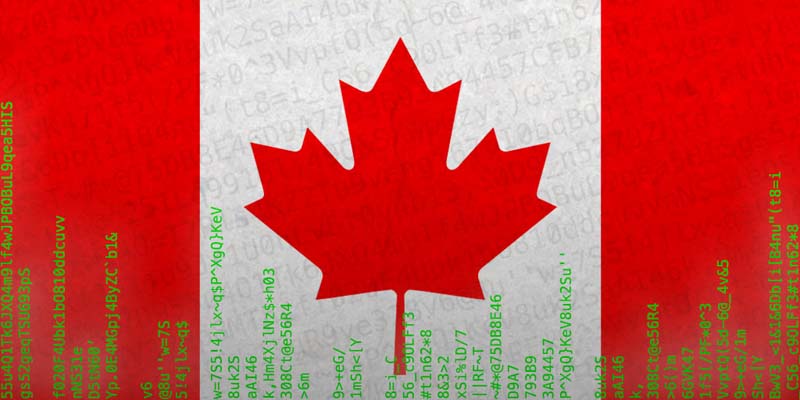Breaking borders: Canadian spy agency tracks users worldwide


They're friendly; courteous. Love hockey, maple syrup, and poutine. Are unfailingly polite, eh, and while willing to stand up for their rights prefer sternly-worded letters over direct confrontation. But according to files obtained by whistle-blower Edward Snowden in 2012, Canadians aren't quite so innocent: Their spy agency, the Communications Security Establishment (CSE) has been quietly snooping on Internet traffic worldwide — for years. Take off, hosers!
Prying Eyes
According to the Canadian Broadcasting Corporation (CBC), a PowerPoint presentation written in 2012 by an unnamed CSE employee describes a project called “Levitation”, which monitors 10 to 15 million file uploads and downloads from free file websites daily, then combs through these files for any trace of terrorist activity. The presentation includes jokes about how the spy agency was inundated with useless data such as downloads of the television series Glee as they tried to sniff out extremist activity. More alarmingly, the document claims that Canada has full access to 102 free file sharing sites through “special sources,” although sites like Sendspace deny this allegation. Ron Deibert, director of Internet security think-tank Citizen Lab based out of the University of Toronto says that while it's somewhat reassuring that Canadian spies are “doing their job,” the fact that this surveillance is being carried out at such a massive scale is worrisome.
So what has the CSE discovered? That out of all the files analyzed each month, only around 350 — or 0.0001 percent — are “interesting download events”. Once these files are identified, it's possible for the agency to retrieve metadata and discover the IP address of anyone uploading or downloading the information. And by leveraging Mutant Broth — a British snooping technology — the CSE can use IP addresses to uncover five hours of activity on a user's computer both before and after a suspicious file transfer. The agency points to successes in finding hostage targets and terrorist strategies, but Deibert calls Levitation a “giant X-ray machine over all our digital lives.”
This isn't the first time Canada has been caught with its hand in the spying cookie jar; the country is a member of the Five Eyes alliance and while often regarded as a junior partner, in 2013 was involved with the National Security Agency (NSA) in setting up for than 20 spying posts in “high-priority countries”. The theory runs that since NSA operations were under increased public scrutiny after Snowden, the agency farmed out work to their Canadian counterparts, even going so far as to supply computer hardware and decryption software.
Driving It Home
Sure, the Canucks are easy targets but it's also worth noting that the DEA has been busy spying on every car that uses American roadway infrastructure. According to The Atlantic, the DEA is building a database “to track in real time the movement of vehicles around the U.S.” Work by the ACLU through Freedom of Information requests has uncovered some of the program's inner workings — such as the fact that all vehicles are tracked, regardless of whether or not the drivers are suspected of any crimes. In addition, a 2010 email about the project claimed that one of its primary purposes was to increase the volume of asset forfeiture which occurs when cars, money and cash are seized from suspected criminals and then used to fund agency goals.
And Sir Tim Berners-Lee, inventor of the World Wide Web, notes that while Five Eyes partner Britain is one of the best in the world for making data open, it's one of the worst when it comes to spying on and tracking citizens. In fact, it ranked among the worst in Europe for countries with a “free and open Web.”
All-Seeing?
So what's the takeaway here? First is that even “benign” countries like Canada aren't immune from the global obsession with Internet spying; Canadian snooping technology is some of most sophisticated in the world. Second, it's not a stretch to say that no matter what you download, where you surf or how you use the Web, someone is looking over your shoulder. Sure, you could write a sternly-worded letter to Canadian PM Stephen Harper — or cut straight to the chase and make certain your online privacy is fully protected.
Featured image: Wikimedia Commons (image has been modified)
Take the first step to protect yourself online. Try ExpressVPN risk-free.
Get ExpressVPN



